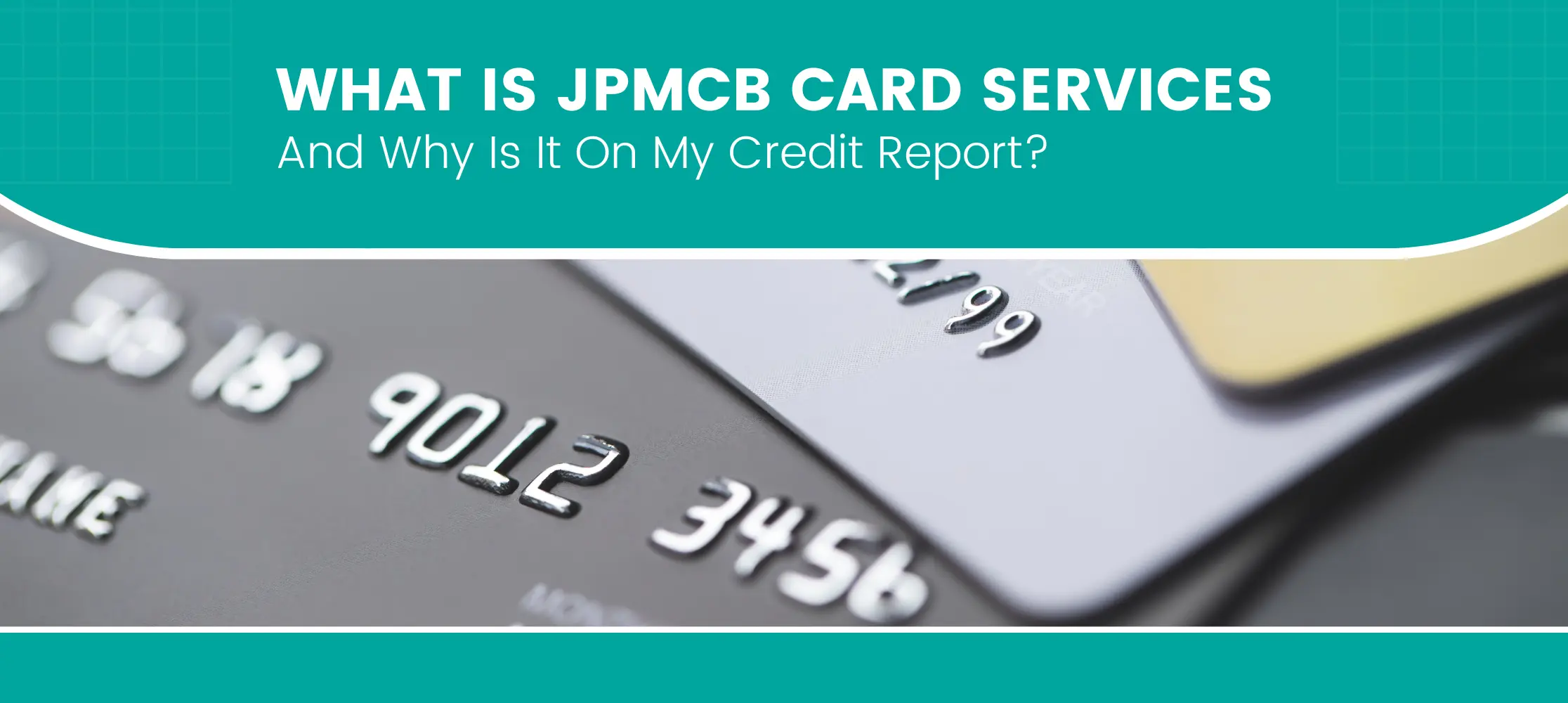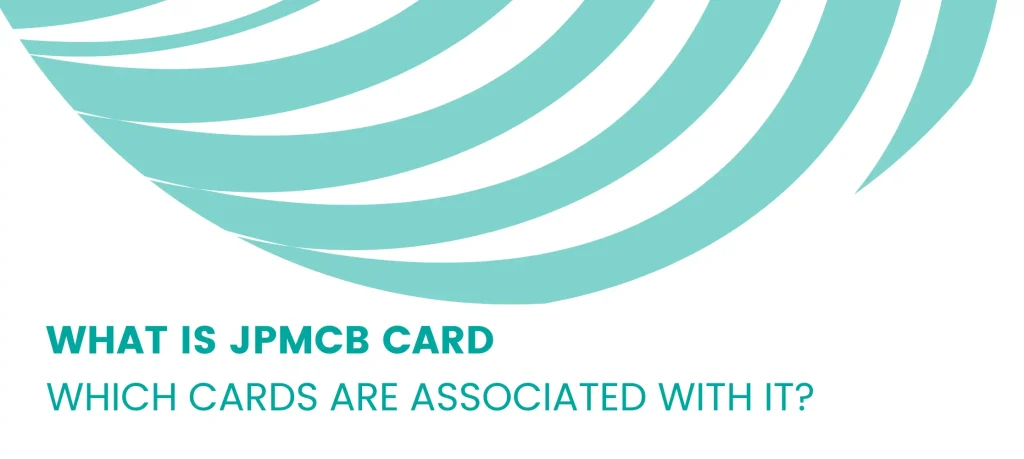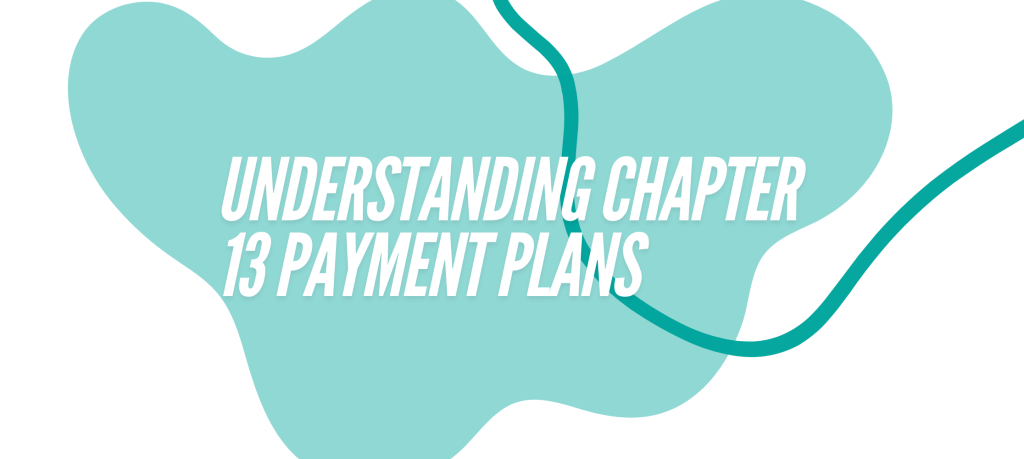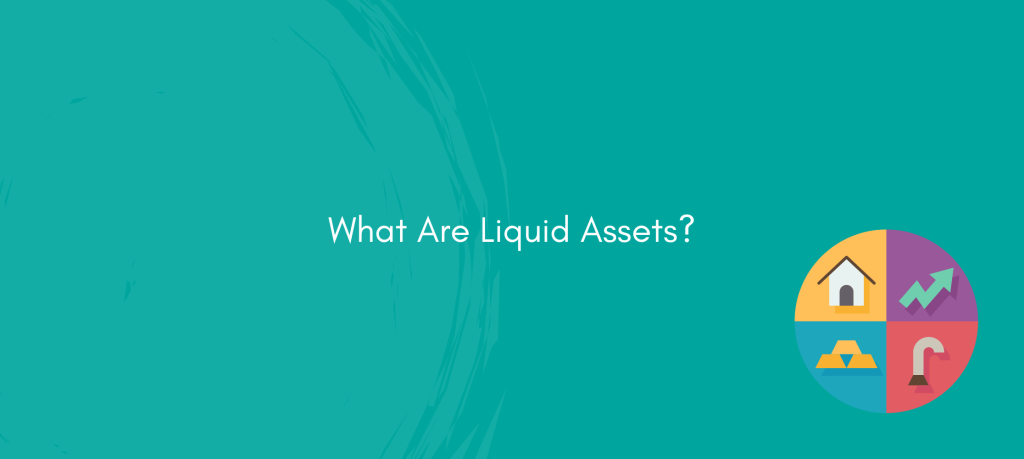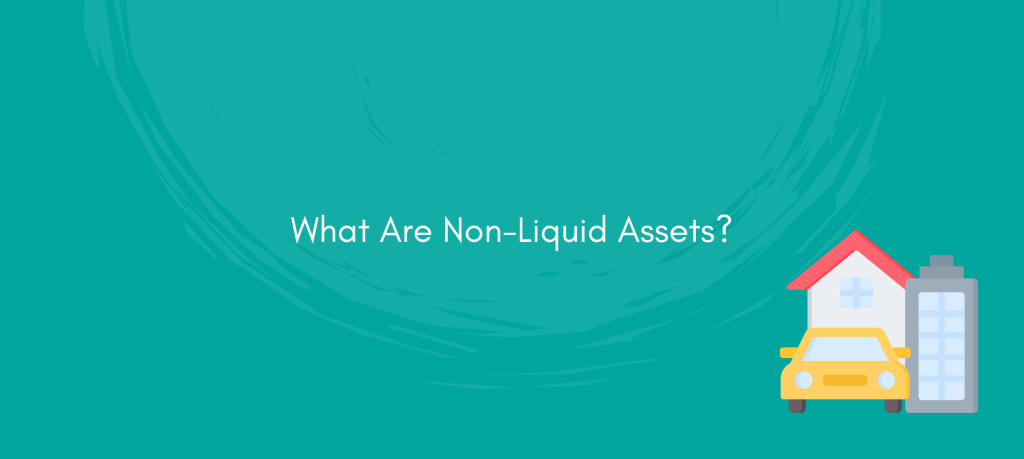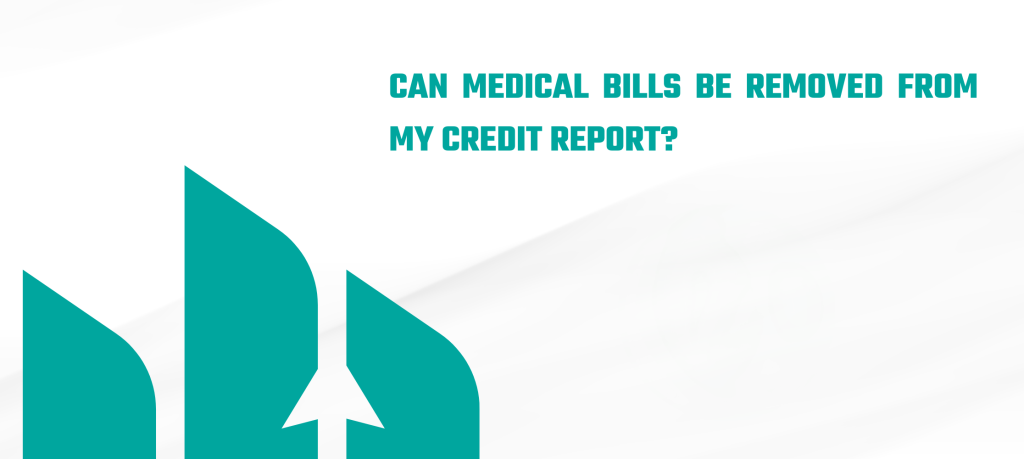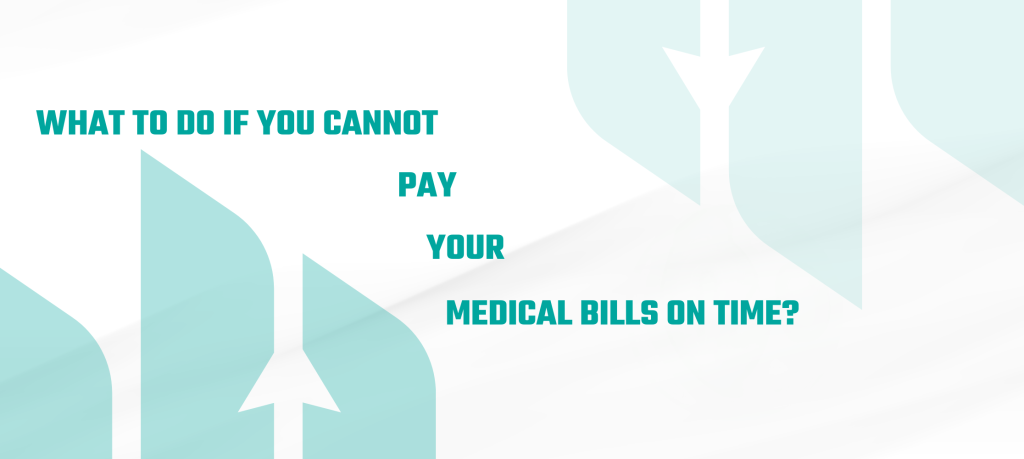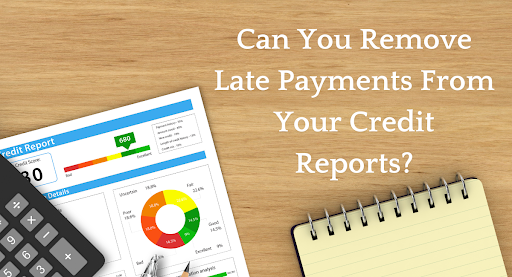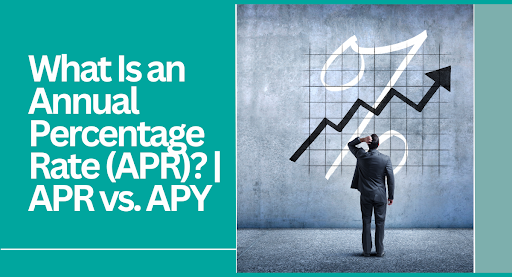Reviewing your credit report is vital because you never know what you are going to come across. Sometimes, it is a new account that you don’t own. Mostly, it is any negative or inaccurate information there that can affect your credit score ranges and make it more challenging to rebuild your score. Such false information might prevent you from getting a perfect credit score from the accurate information present in your report.
If you are not checking your reports on a daily basis, you might only find out about negative information after you have been declined. If you have recently checked and found a trade line for JPMCB card services, you might be wondering what it is and how to get rid of it if the entry was reported in error. This blog will help you navigate this situation. So, read on!
What Is JPMCB Card Services On My Credit Report?
JP Morgan Chase Bank (JPMCB) is one of the largest banks that offer financial services. It was created in 2000, when “J.P. Morgan & Co. Incorporated” combined with “The Chase Manhattan Corporation” to form JPMorgan Chase & Co. In 2018, they merged with Chase Bank USA to form their current iteration.
What Is A JPMCB Card | Which Cards Are Associated With It?
If there is JPMCB on your report, then it might be because you have obtained one or applied for any unsecured credit cards. These cards are opposed to secured cards, which require an upfront cash deposit, or debit cards, which draw directly from your checking account.
Chase Credit Cards
Chase credit cards come in varieties, including Chase Sapphire Reserve and Chase Freedom. You can find many cards under the Chase banner and all with their own rewards and a huge range of APRs and annual fees.
Airline Rewards Credit Cards
Chase also offers credit cards along with airline rewards, permitting individuals to rack up bonus points and miles they can use to offset their travel costs. A few types of JPMCB airline cards include:
- The Aeroplan Card
- The United airline rewards card
- The Southwest airline rewards cards
- The British Airways airline rewards card
- The Iberia Airline rewards card
- The Aer Lingus airline rewards card and more.
Hotel Rewards Credit Cards
You get hotel reward credit cards which permit you to get points when you stay at specific hotel brands so you can earn yourself free hotel stays in the future. These cards include the World of Hyatt hotel rewards card and Marriott Bonvoy hotel rewards cards.
Company-Specific Rewards Credit Cards
JPMCB credit card also have rewards for certain companies, so you can get perks from the services that you avail frequently. Company-specific cards include Amazon rewards cards, the Instacart Mastercard, and Disney rewards cards.
Business Credit Cards
Chase Bank also offers options for businesses seeking to save money on typical expenses, i.e., Ink business credit cards.
Why Is JPMCB Card Services On My Credit Report?
When you review your credit report and spot chase card number, you might wonder why it is there. If you are going through the same feeling, then we have some common reasons behind why that might be the case. Starting from…
You Were Prequalified Or Preapproved For A Chase Credit Card
Prequalification does not happen due to a request from the consumer. When credit card issuers and lenders want to consider offering you preapproval for financial products, they perform a soft credit check or soft inquiry on your credit report. This soft pull gives them information to assess whether to offer a prequalified or preapproved offer.
If Chase credit card runs a soft inquiry to offer you prequalification or preapproval for credit card, that could cause it to show up on your report as a soft inquiry. Are you asking yourself whether “soft inquiries will hurt my credit score”? Then here is your answer. Soft inquiries like this do not impact your scores, but if you follow through and apply for the card, you will go through a hard inquiry.
You Applied For A Chase Credit Card Or Have A Chase Credit Card Account
If you applied for a JPMCB account, it would have made a hard inquiry on your report. This will still show up even if you get rejected after applying. A hard credit inquiry is when financial institutions and credit issuers ask the major credit bureaus to see a copy of your credit report when assessing your application for a new credit account. New hard inquiries might result in a bad credit score for about 12 months, but they will remain on your report for two reports.
Someone Added You As An Authorized User On One Of Their Credit Cards
If someone adds you as an authorized user to their credit card, that will also show up on your reports. An authorized user is not responsible for payments but can use the card. Then if the card issuer reports authorized users to the bureaus or credit score monitoring services, then the information such as credit utilization rate and primary history for the primary cardholder might also show up in your history.
Someone Opened A JPMCB Account In Your Name Fraudulently
If you do not have a JPMCB credit card account, or you are not an authorized user on one, or you have not even applied for one yet, then you might be a victim of fraud or identity theft. Possibly, it could also be a mistake. Either way, you can contact any authentic credit score services, such as Gifted Financial Services, to dispute this issue.
You Closed An Account With JPMCB Card Services
Another reason why you might be seeing a JPMCB on your account is if you possessed a Chase card but closed it later. Closed accounts stay on your reports for a long time. They stay for 7 years, and your account was closed in negative standing, and 10 years if it was in good standing. Due to the reason that closed accounts can stay on your reports for such a long time, it is common for people to check their reports and forget about an account they used to have and closed many years back.
Frequently Asked Questions (FAQs)
-
What companies use JPMCB card services?
JPMCB card on credit report is simply how JPMorgan Chase Bank shows on credit reports for is credit card products. Whether you have a Marriott Bonvoy card, an Amazon Prime Rewards Visa, or any other credit card issued by Chase, it will show up in your credit history.
-
What is JPMCB card services?
JPMCB is an abbreviation for JPMorgan Chase Bank. It might be on your reports for a number of reasons, such as an expected soft or hard inquiry, the outcome of being an authorized user or related to an unauthorized hard inquiry.
-
How to remove authorized user chase?
You can get rid of an authorized user by sending a secure message or contacting Chase. Some Chase credit cards permit you to add authorized users at no extra cost; however, some might charge a fee.
Summing It All Up!
It is vital to check your credit reports routinely to pinpoint any mistakes. About one in five people find errors in their reports. Such errors can impact your score and be the difference between being approved for a loan or not, getting approved for a credit card, and receiving loan terms. Keep in mind that you can check your credit reports at Gifted Financial Services. Credit monitoring can be a great way to help you identify and dispute any mistakes present in your reports. The faster you take action, the more chances you will have to steer clear of long-term damage to your credit history.

